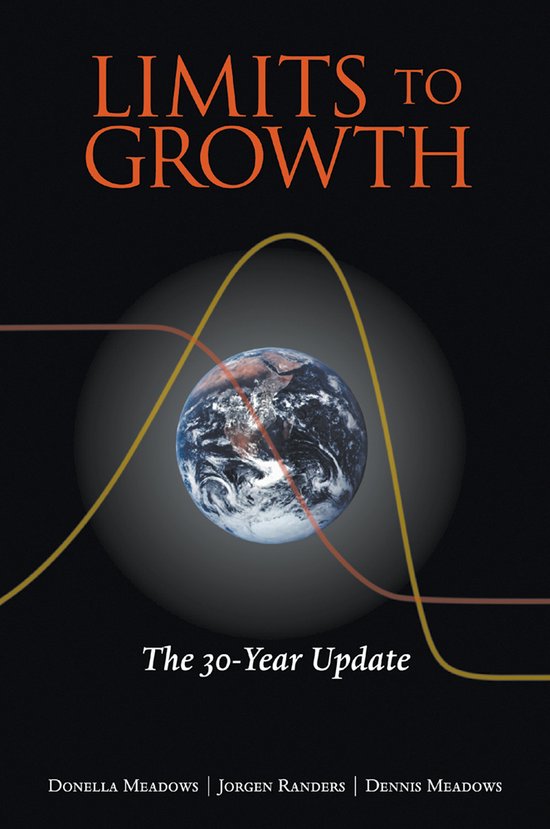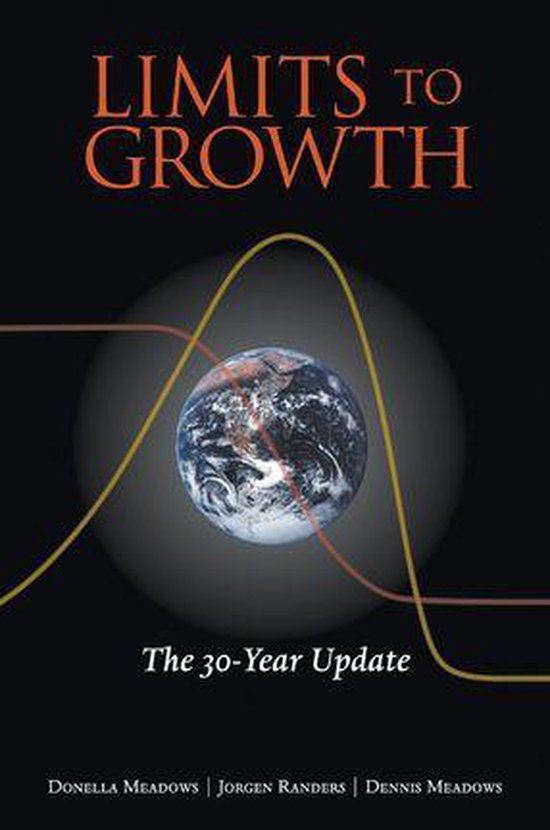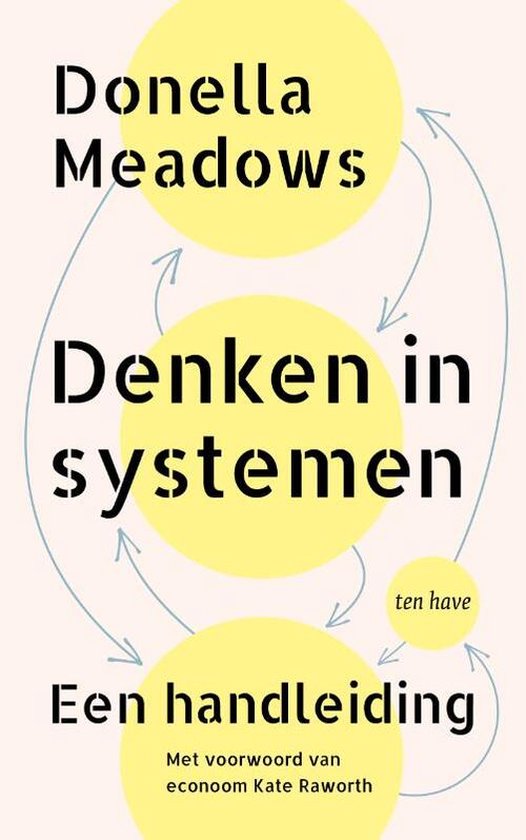
Limits To Growth
Current Affairs/Environment
In 1972 four young scientists at MIT wrote The Limits to Growth, which shocked the world and became an international best-seller. Using the World3 computer model, the authors looked toward the future, for the first time showing the consequences of unchecked growth on a finite planet. Now, armed with 30 additional years of data, these authors sound the alarm on humanity's devastating effects on climate, water quality, fisheries, forests, and other imperiled resources.
''Not everything bears repetition, but truth does - especially when that truth is both denied by entrenched interests and verified by new information.'' - Herman E. Daly, former World Bank senior economist and Professor, School of Public Affairs, University of Maryland
''The authors of this book are the Paul Reveres of our time - sounding the alarm and calling us to action before it's too late. How long will elected leaders, business executives, and citizens ignore the warnings? The ice caps are melting, fresh water is disappearing, fisheries and forests are being wiped out, and yet our leaders seem unable to respond. This book is a crucial tool for every citizen and leader who wants to help turn these trends around and build a safer, sustainable future.'' - Betsy Taylor, President, Center for a New American Dream
''It is time for the world to re-read Limits to Growth! The message of 1972 is more real and relevant in 2004, and we wasted 30 valuable years of action by misreading the message of the first book.'' - Matthew R. Simmons, energy analyst and founder, Simmons & Company International, the world's largest energy investment banking firm
Donella Meadows, who died unexpectedly in 2001, was a systems analyst and adjunct professor of Environmental Studies at Dartmouth College. She wrote the nationally syndicated newspaper column ''The Global Citizen.''
Jorgen Randers is a professor, former President of the Norwegian School of Management, and former Deputy Director General of WWF International. He lives in Oslo, Norway.
Dennis Meadows is a professor of Systems Management and director of the Institute for Policy and Social Science Research at the University of New Hampshire. He lives in Durham, New Hampshire.
In 1972 four young scientists at MIT wrote The Limits to Growth, which shocked the world and became an international best-seller. Using the World3 computer model, the authors looked toward the future, for the first time showing the consequences of unchecked growth on a finite planet. Now, armed with 30 additional years of data, these authors sound the alarm on humanity's devastating effects on climate, water quality, fisheries, forests, and other imperiled resources.
''Not everything bears repetition, but truth does - especially when that truth is both denied by entrenched interests and verified by new information.'' - Herman E. Daly, former World Bank senior economist and Professor, School of Public Affairs, University of Maryland
''The authors of this book are the Paul Reveres of our time - sounding the alarm and calling us to action before it's too late. How long will elected leaders, business executives, and citizens ignore the warnings? The ice caps are melting, fresh water is disappearing, fisheries and forests are being wiped out, and yet our leaders seem unable to respond. This book is a crucial tool for every citizen and leader who wants to help turn these trends around and build a safer, sustainable future.'' - Betsy Taylor, President, Center for a New American Dream
''It is time for the world to re-read Limits to Growth! The message of 1972 is more real and relevant in 2004, and we wasted 30 valuable years of action by misreading the message of the first book.'' - Matthew R. Simmons, energy analyst and founder, Simmons & Company International, the world's largest energy investment banking firm
Donella Meadows, who died unexpectedly in 2001, was a systems analyst and adjunct professor of Environmental Studies at Dartmouth College. She wrote the nationally syndicated newspaper column ''The Global Citizen.''
Jorgen Randers is a professor, former President of the Norwegian School of Management, and former Deputy Director General of WWF International. He lives in Oslo, Norway.
Dennis Meadows is a professor of Systems Management and director of the Institute for Policy and Social Science Research at the University of New Hampshire. He lives in Durham, New Hampshire.
| Auteur | | Donella H. Meadows |
| Taal | | Engels |
| Type | | Paperback |
| Categorie | | Wetenschap & Natuur |





